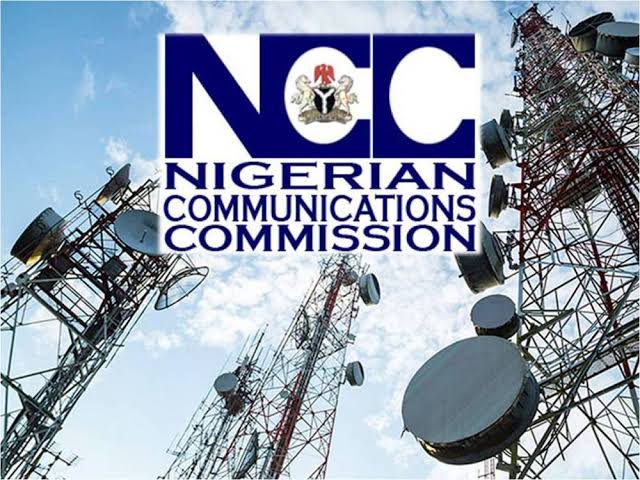By Juliet Umeh
Only 23 percent of rural communities in Nigeria have access to the internet compared to 57 percent in urban areas, a situation the Nigerian Communications Commission, NCC, says continues to widen the country’s digital divide.
The Executive Vice Chairman of the NCC, Dr. Aminu Maida, disclosed this on Wednesday in Lagos during the Rural Connectivity Summit, organised by the Rural Connectivity Initiative.
He said the disparity in access remains one of the biggest obstacles to inclusive development, stressing that without deliberate intervention, millions of Nigerians would remain excluded from education, healthcare, and economic opportunities that rely on digital connectivity.
Maida, who delivered the keynote address titled: “Leaving Nobody Behind: Leveraging Regulatory Advantages to Bridge Nigeria’s Digital Divide,” said the lack of connectivity in rural areas is not just a development issue but a national security concern.
According to him: “A community without digital connectivity is functionally invisible, cut off from modern education, healthcare, markets, and opportunity. This ‘digital invisibility’ is an unacceptable situation we must act decisively to end.
He said: “Nigeria’s broadband penetration currently stands at 48.81 percent, and research has shown that a 10 percent increase in broadband penetration can boost a country’s GDP by up to 1.38 percent. This shows clearly that connectivity is not just about speed, but about economic growth and national development.”
According to him, the Commission, through its Universal Service Provision Fund, USPF, has continued to implement targeted interventions to expand digital access in underserved and unserved communities across the country.
He explained: “Through programmes such as the Rural Broadband Initiative, RUBI, and the Accelerated Mobile Phone Expansion, AMPE, we are supporting infrastructure deployment in commercially non-viable areas. The USPF has also implemented more than 2,500 education projects and delivered over 100,000 computers to schools nationwide.”
Dr. Maida added that the Commission’s e-health and accessibility projects are connecting remote health centres with larger hospitals for telemedicine and providing assistive technologies for persons with disabilities.
He commended the progress made by some state governments on Right-of-Way, RoW, charges, saying, “We appreciate the 11 states that have adopted zero RoW charges and the 17 others that implemented the N145 per linear metre benchmark. We continue to urge other states to align with this policy to lower deployment costs and accelerate broadband rollout.”
On the issue of vandalism, Maida expressed concern over the increasing attacks on telecom infrastructure.
He revealed that, “Between January and August 2025 alone, operators recorded more than 19,000 fibre cuts and over 3,000 cases of equipment theft. These acts not only delay service delivery but also erode investments and affect the quality of experience for millions of Nigerians.”
Maida reaffirmed the NCC’s commitment to ensuring universal and meaningful connectivity for all Nigerians. He called for collective action among government, operators, and communities to protect telecom assets, expand broadband infrastructure, and unlock the economic potential of rural Nigeria.
The post Only 23% of rural communities have internet access in Nigeria — NCC appeared first on Vanguard News.

